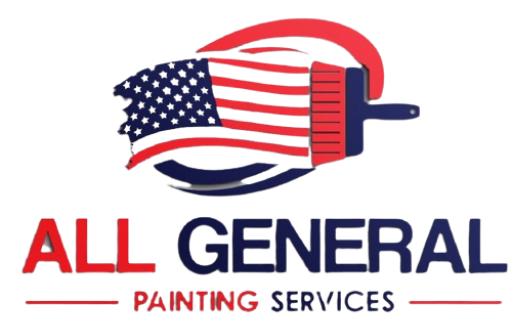Hiring a commercial painter is a big step for any business. You want someone who will do the job right the first time.
A poor choice can lead to wasted time and money. We will outline five key indicators to look for when choosing a painter.
Red Flag 1: No License or Insurance
A professional commercial painter should always have a valid license and insurance.
- License shows they meet legal standards.
- Insurance protects you if something goes wrong.
If a painter cannot show proof of either, it is a major warning sign. Without insurance, you might be responsible for accidents or damage.
Red Flag 2: No Written Contract
Always get a detailed contract before work begins. The contract should list:
- The full scope of the project
- Materials and paint brands
- Start and finish dates
- Payment schedule
- Warranty terms
Without a contract, you have no protection if the painter fails to complete the job or performs subpar work.
Red Flag 3: Extremely Low Prices
It is normal to want a good deal. However, if one estimate is significantly lower than the others, it may signal potential problems. Low prices often mean:
- Cheap, low-quality materials
- Unskilled workers
- No insurance or licenses
You may end up paying more later to fix mistakes.
If you’re looking for a dependable team that offers fair pricing and high-quality service, visit our Commercial Painting Services page to learn more.
Red Flag 4: Poor Communication
Effective communication is crucial to the success of a project. Be careful if the painter:
- Does not return calls or emails
- Gives vague answers to your questions
- Changes the plan without explaining why
A reliable painter will keep you informed at every step.
Red Flag 5: No Portfolio or References
A professional commercial painter should have examples of their past work and testimonials from satisfied customers. Be cautious if they:
- Cannot show photos of completed projects
- Refuse to give references
- Have many bad reviews online
Always check reviews and ask for references before hiring.
How to Find a Trustworthy Commercial Painter
Finding the right painter takes time, but it is worth it. Follow these steps:
- Ask for their license and insurance details.
- Get a written contract before starting.
- Compare several quotes, not just one.
- Pay attention to how they communicate.
- Check their past work and references.
Questions to Ask Before Hiring
Before signing anything, ask these questions:
- Are you licensed and insured?
- What brands of paint do you use?
- How long will the project take?
- Can you provide a detailed written quote?
- Do you offer a warranty?
- Can I see examples of past commercial projects?
Good painters will answer clearly and confidently.
Mistakes to Avoid When Hiring a Painter
Even smart business owners make mistakes. Avoid these common errors:
- Choosing the cheapest bid without checking quality
- Paying too much upfront
- Skipping reference checks
- Not reading the contract carefully
Benefits of Hiring a Professional Commercial Painter
Choosing a qualified painter offers many benefits:
- High-quality results that last longer
- Better protection against weather and wear
- A cleaner, more professional look for your business
- Less stress and fewer delays
A fresh coat of paint can even boost employee morale and attract more customers.
Make the Right Choice for Your Business
Hiring the right commercial painter is one of the most important steps for protecting your business property. A poor paint job can damage your company’s image, result in costly repairs, and lead to delays. To avoid these problems, it is essential to recognize the warning signs.
Taking your time to research painters will pay off. Always ask detailed questions about their experience, past projects, insurance, and what materials they use. Do not rush into a decision solely because a price appears attractive. A trusted painter will answer your questions, provide references, and offer a clear contract.
Choosing the right painter protects your business investment, ensures a smooth project, and gives you peace of mind. Spend a little more time upfront to make a smart choice and avoid bigger problems later.



